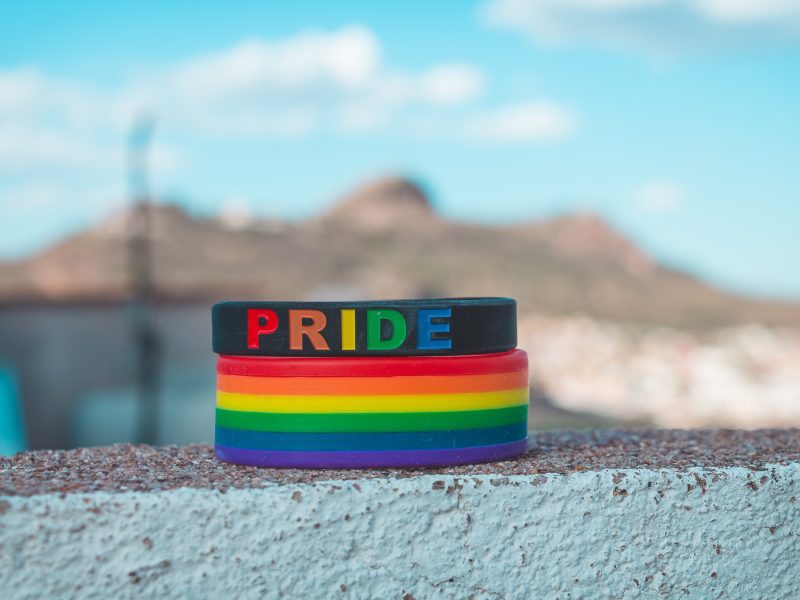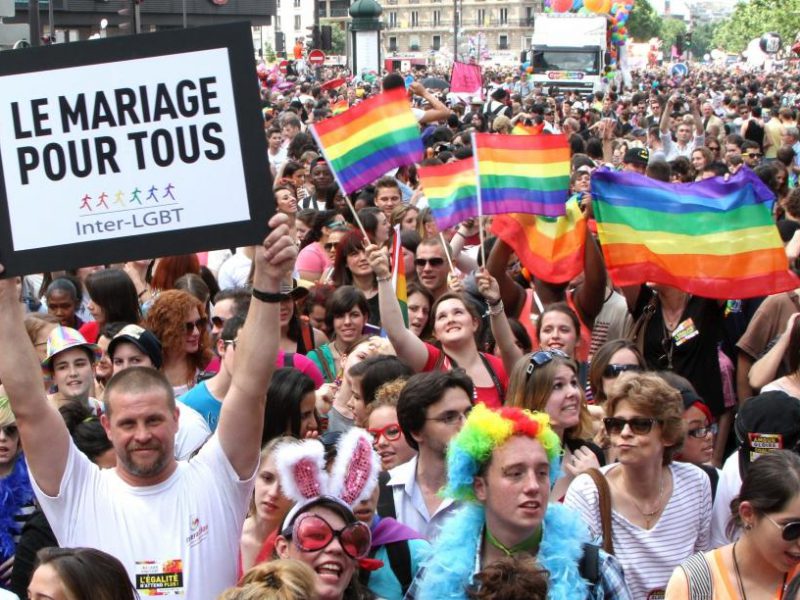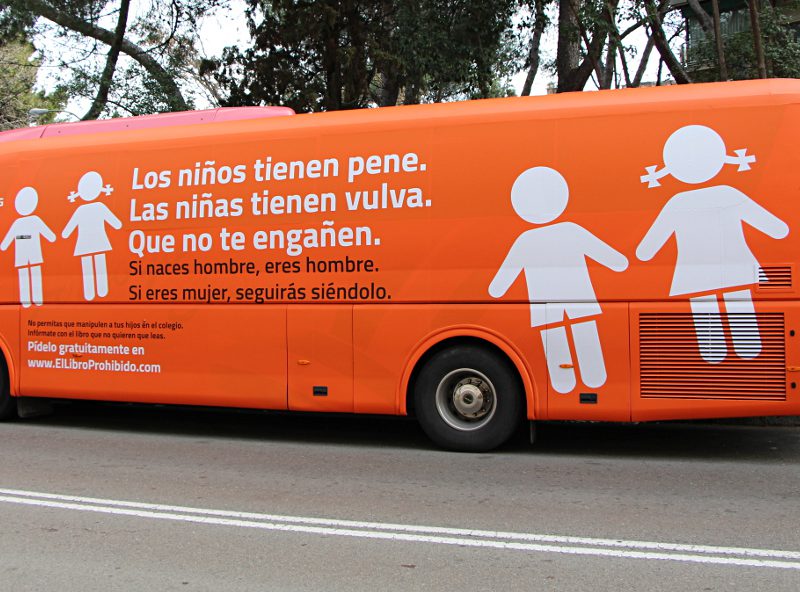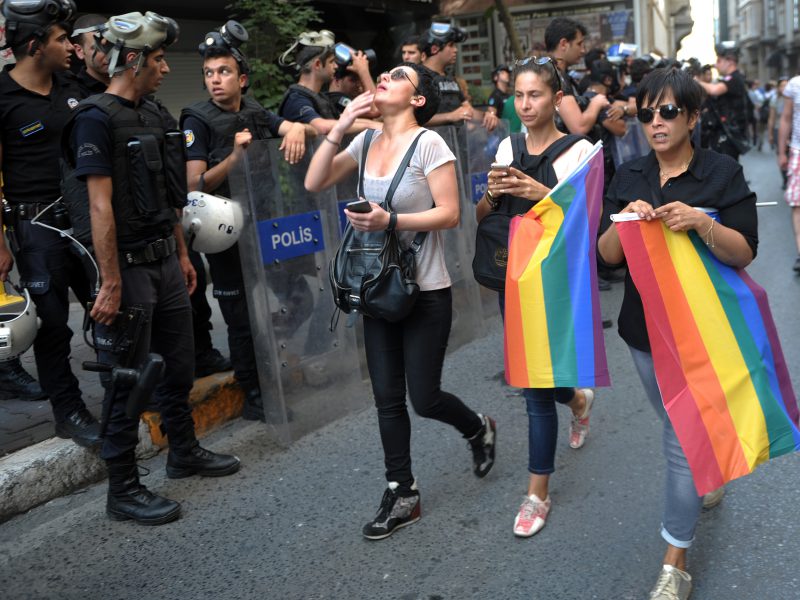Forty countries are competing for the Eurovision Song Trophy in Vienna this year, with the Grand Final due to take place on 23 May. Although the contest has strict rules, according to which participants promoting political messages are banned from the competition, it also has a history of songs just on that thin line between activism and pure cheesiness. Most recently, social issues have been a potent underlying message, including respect for equality and human rights, culminating with the victory of the woman with facial hair in 2014, the Austrian Conchita Wurst. This year’s edition combines political and social activism with reference to the UK’s exit from the EU, the Armenian genocide and LGBT rights to equal citizenship in modern European countries.






